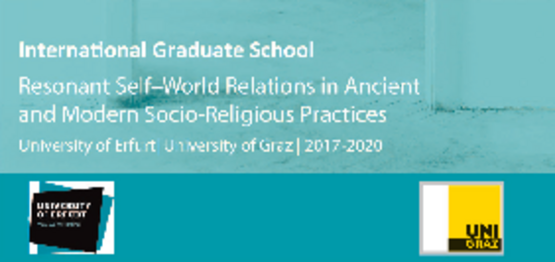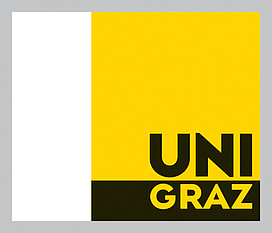Emma Charlotte Weiher
You Must Be All Things – Resonant Prayer-Poems in the North American Literary Tradition
In the poetry collection Wild Iris (1992) by the Jewish American author Louise Glück, her speaker communicates with God through intimate pieces of poetry. In an echo of Simone Weil’s necessity of a state of generous attention in the face of another presence and the exterior world, Glück’s poems attempt to formulate and bridge the distinction between self and non-self through states of alienation, dissociation and disembodiment.. Her speaker is positioned at the edge of life and death and amidst this tension establishes a one-sided dialogue with their imagined God who is either implicitly addressed or explicitly featured. Glück’s particular genre of poetry carries an intrinsic understanding of the potency of modern lyricism and its negotiation of self-world relations that is also found in other North American poets such as Mary Oliver and Anne Carson.
For this particular research project, I wish to consider the prosaic dialogue with the divine Other in selected pieces of modern American poetry and discern resonant qualities of this motif. My selection allows a consideration of the dialogue between an oftentimes explicitly female poetic self and an imagined God or divine Other. For this, the poetry and prose written by Louise Glück (1943 - ), Anne Carson (1950 - ), and Mary Oliver (1935 – 2019) will be the main focus and constitute my primary references. All of these writers express means of a prosaic link and communication between the self and the exterior world – a world that is often linked to a divine presence and experienced as such. Oliver and Glück’s oeuvres especially carry echoes of meditation practices and ritualistic prayer.
Throughout this research project, I aim to trace motifs of disembodiment and alienation in the face of the divine as seen through women writers in direct or indirect echoes and responses to American literary and cultural history. These modern poets and cultural figures position themselves within the history of American Romanticism but introduce a state of impersonality and disembodiment that is realized in a fully resonant self. I argue that a dialogue between the speaker-self and the divine Other transpires on the basis of a disembodied self, emerging in a state akin to Weil’s act of de-creation. Here, poetry becomes an act of ritual meditation and prayer which encourages a deliberate loss of self, a transformation towards an impersonal state, and a deliberate blurring of physical borders. It is through such a state of utter resonance that the speaker and poet alike create their lens of attention which is devoid of personal ties and is able to realize a state that rejects modern individualism.
CV
10/2022 – present: PhD student at the Max-Weber-Kolleg, member of the IGS “Resonant Self-World Relations in Ancient and Modern Socio-Religious Practices”
2019 – 2021: M.A. North American Studies, Philipps-University Marburg
2016 – 2019: B.A. Anglophone Studies and B.A. History of Art, Philipps-University Marburg
Publications
“Emerson…I am trying to live the examined life” – The Transcendentalist Poet Mary Oliver. COPAS – Current Objectives of Postgraduate American Studies, vol. 23, no.1 (2022), pp. 7 – 23. (https://copas.uni-regensburg.de/article/view/354)
(forthcoming) “’Catherine Tekakwitha, who are you?’ - The Indigenous Female Body in the Colonial and PostColonial Imagination of Leonard Cohen’s Beautiful Losers.” Canada and Beyond: a Journal of Canadian Literary and Cultural Studies - Early Career Researchers’ Perspectives on the Literatures and Cultures of Canada/Turtle Island for a special issue, vol. 11 (2022).
“’Who Lives, Who Dies, Who Tells Your Story?’ – Founders Chic and Narrative Awareness inLin-Manuel Miranda’s Hamilton.” aspeers. emerging voices in american studies, vol. 14 (2021), pp. 55-75 (http://www.aspeers.com/2021/weiher)
Internationale Graduiertenschule




